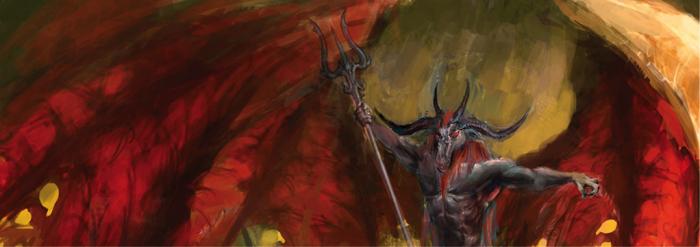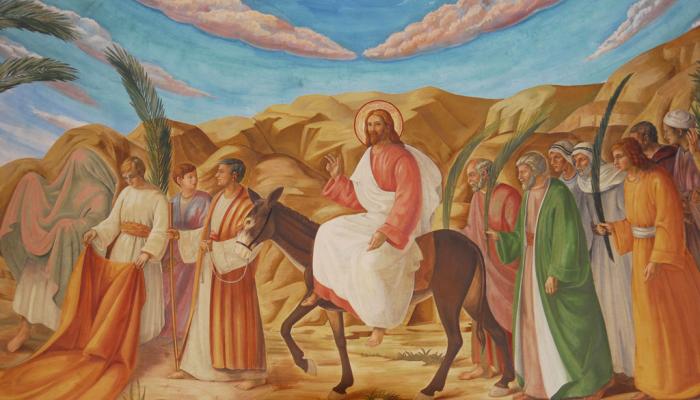
3.18 Gli esorcismi scacciano davvero i demoni?
Nella Bibbia leggiamo come Gesù scacciò gli spiriti maligni o i demoni in diverse occasioni (Lc 4, 33-35)Lc 4, 33-35: Nella sinagoga c'era un uomo che era posseduto da un demonio impuro; cominciò a gridare forte: "Basta! Che vuoi da noi, Gesù Nazareno? Sei venuto a rovinarci? Io so chi tu sei: il santo di Dio!". Gesù gli ordinò severamente: "Taci! Esci da lui!". E il demonio lo gettò a terra in mezzo alla gente e uscì da lui, senza fargli alcun male.. Anche i suoi discepoli furono istruiti a cacciare i demoni (Mc 6, 7)Mc 6, 7: Chiamò a sé i Dodici e prese a mandarli a due a due e dava loro potere sugli spiriti impuri.. La missione di Gesù di combattere il male si applica anche ai suoi successori: i vescovi e i sacerdoti.
L’esorcista è un sacerdote nominato appositamente dal vescovo per questo compito. Opera principalmente attraverso la preghiera e la sua fede nel credere che l’amore di Gesù può vincere ogni male.
What is an exorcism?
When the Church asks with its authority in the name of Jesus that a person or object be protected against the power of the Evil One and withdrawn from his dominion, it is called an exorcism. This is done in ordinary form in the rite of Baptism. A solemn exorcism, called a major exorcism, can be performed only by a priest authorized by the bishop. [CCCC 352]
Does the Church still practice exorcism?
At every Baptism a so-called simple exorcism is performed, a prayer in which the person being baptized is taken away from the devil and is strengthened against the “principalities and powers” that Jesus overcame. Major exorcism is a prayer offered by Jesus’ authority and in his strength through which a baptized Christian is delivered from the influence and power of the devil; the Church rarely uses this prayer, and only after the most rigorous examination.
The depiction of “exorcisms” in Hollywood films for the most part does not reflect the truth about Jesus and the Church. It was often reported about Jesus that he drove out demons. He had power over evil principalities and powers and could deliver men from them. To the apostles Jesus gave “authority over unclean spirits, to cast them out, and to heal every disease and every infirmity” (Mt 10:1). The Church does the same today whenever an authorized priest pronounces the prayer of exorcism over a person who requests it. First, however, the possibility must be excluded that the phenomenon is psychological in nature (a psychiatrist is competent in such matters). An exorcism wards off spiritual temptation and oppression and delivers from the power of the evil one. [Youcat 273]
The devil and his minions never sleep and, since their ears cannot bear to hear the word of God, they work tirelessly to silence that word and to distort it. Confronting them is more wearying. It involves not only doing good, with all the exertion this entails, but also defending the flock and oneself from evil. The evil one is far more astute than we are, and he is able to demolish in a moment what it took us years of patience to build up. Here we need to implore the grace to learn how to “offset” (and it is an important habit to acquire): to thwart evil without pulling up the good wheat, or presuming to protect like supermen what the Lord alone can protect. [Pope Francis, Homily, 2 Apr. 2015]





